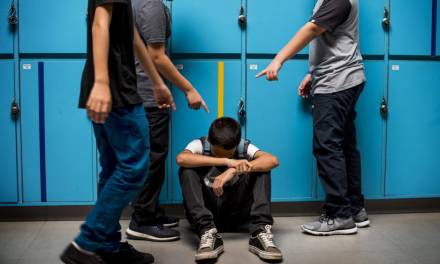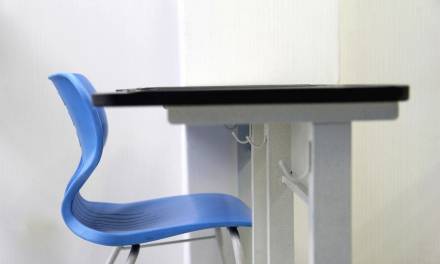Poor student attendance
Reading time: 2 minutes
More than 100,000 students were absent from school in Scotland on one day at the end of August, according to Government figures (12%).
Health anxieties amongst parents and pupils means that many pupils are reluctant to return to the classroom.
The Government has said that it will fine families who do not attend. But how will this work and do you have a contingency plan in place? This blog post tells you all you need to know.
Read More














